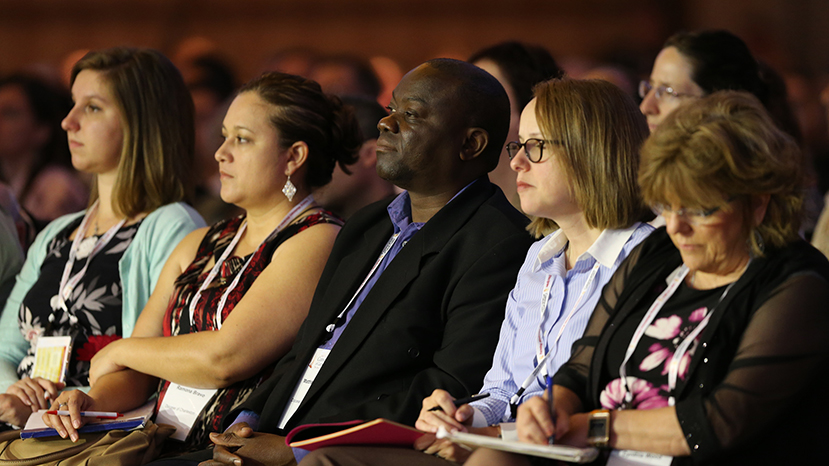Listening to Those Who Left the Church for the Synod of the Church 2021-2023
Pope Francis has convoked a synod for the global church. It is entitled “For a Synodal Church: Communion, Participation, and Mission” and opened on the 9th – 10th of October 2021 in Rome and on the following 17th of October in each particular Church. One fundamental stage will be the celebration of the XVI Ordinary General Assembly of the Synod of Bishops, in October 2023,1 which will be followed by the implementation phase that will again involve the particular Churches (cf. EC, arts. 19-21).
Pope Francis invites the entire Church to reflect on a theme that is decisive for its life and mission: “It is precisely this path of synodality which God expects of the Church of the third millennium.” This journey, which follows in the wake of the Church’s “renewal” proposed by the Second Vatican Council, is both a gift and a task: by journeying together and reflecting together on the journey that has been made, the Church will be able to learn through experience which processes can help to live communion, to achieve participation, to open more authentically to mission in the 21st century.
The Fundamental Question
The fundamental question that guides this consultation of the People of God, as mentioned at the beginning, is the following: A synodal Church, in announcing the Gospel, “journeys together:” How is this “journeying together” happening today in your particular Church? What steps does the Spirit invite us to take in order to grow in our “journeying together”?
These fundamental questions are asked through two different perspectives: The first is the journey within particular parishes and Catholic experiences. The second perspective considers how the People of God journeys together with the entire human family. Thus, our gaze will focus on the state of relations, dialogue, and possible common initiatives with believers of other religions, and with people who are distant from the faith.
The Missionary Challenge for the Synod
From the point of view of the Xaverian Missionaries, our focal concern is all about how we as Catholics, no matter where we are, engage with the wider world that is not Catholic, multi-religious, and multi-secular. This concern has underlined our efforts both in interfaith dialogue and in the dialogue we carry on with the multi-secular reality, which may be understood in one way with those who have left church practice.
Listening to the Voice of Those Who Left the Catholic Church
Dialogue is a path of perseverance that also includes silences and sufferings, but which is capable of gathering the experience of persons and peoples. What experiences of dialogue and shared commitment do we have with believers of other religions and with non-believers? How does the Church dialogue with and learn from other sectors of society: the world of politics, economics, culture, civil society, the poor…?
Our engagement with the world around us is particularly felt by those who were formed in the Catholic Church but then left sacramental life and church practice. In some ways, this touches Catholic families and parishes in the most direct of ways. My research in this area is called, Postsecular Catholicism: Toward Renewed Understanding in Catholic Families with Disaffiliated Family Members.
We now wish to continue the conversation with those who left the church and allow their stories of departure to be part of the synodal process. We are reaching for more stories and we encourage all who have left the church to share something of your story and what the church can learn from it. Go to our website for more information.
With Other Christian Denominations and Other Faiths
The dialogue between Christians of different confessions, united by one Baptism, has a special place in the synodal journey, along with those of other faith traditions. What relations do we have with the brothers and sisters of other Christian denominations and faith traditions? What areas do they concern? What fruits have we drawn from this “journeying together”? What are the difficulties?
Share your thoughts with us in the comments section below.


